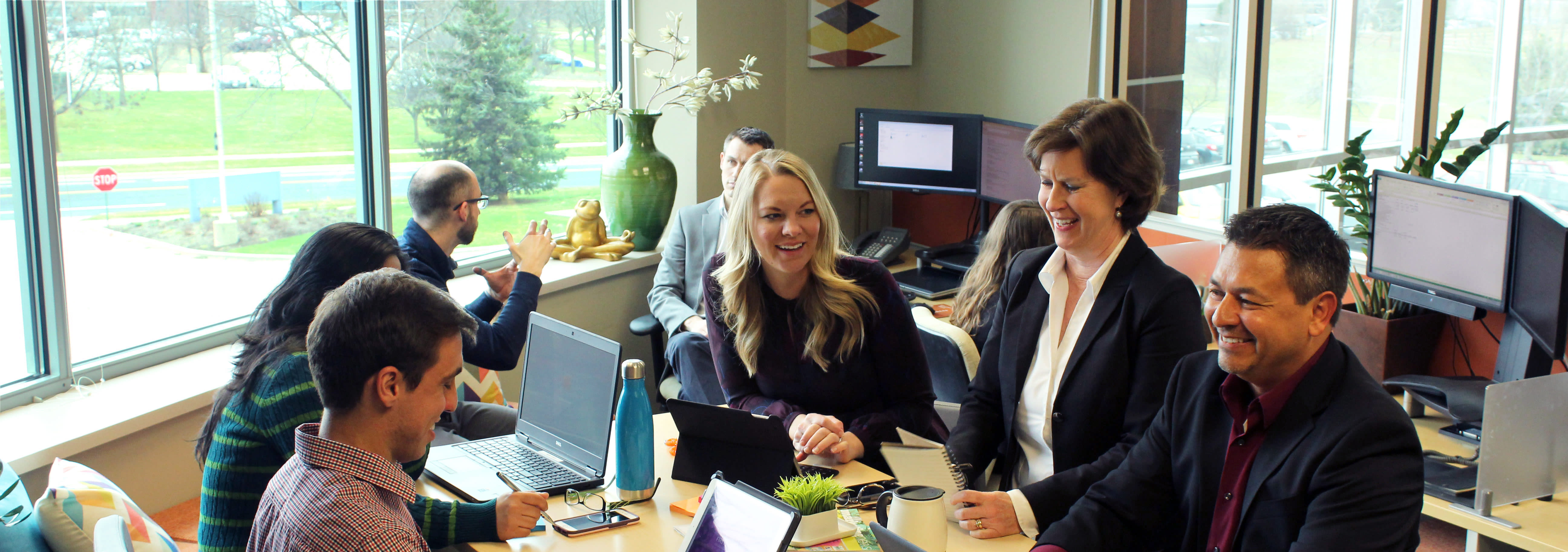Recently I was thinking about the little stores that I’ve seen in Central America and Mexico. Maybe it’s because I’m trying to learn Spanish for the fourth time and things like “The store is open” are about my basic level. I’m using the Duolingo app, which is great, by the way, if you’re trying to learn a language whether it’s as standard as Spanish or something crazier like Klingon or High Valyrian. (Seriously, they have those!)
Anyway, once I was in a town that had multiple little grocery/convenience type stores that seemed exactly identical and they were located only a block or two apart. I asked someone how people decide which store to go to, and they said, “Well, you just have your favorite and that’s the one you go to.” All the stores were tiny, and I’m sure they had the same inventory and the same pricing. So what’s the difference? It seems the only difference is the people. I suspect local customers develop long-term relationships with the owners and the employees and that’s how they choose their favorite store.
I equate that very much to our business, which is like many other service businesses, where people make all the difference. If you’re part of a product or technology-driven organization, like Apple or Facebook, the product makes all the difference. That’s how you make your choice, because you think that company’s product or technology is superior. OK, in deference to our marketing people, maybe it’s also how the brand makes you “feel” — successful, sexy, with the “in” crowd, etc.
In those cases, Facebook has the technology you want to use. Apple has the latest, greatest, coolest products you want to have. I don’t really care who works at Apple, but people do care about who works here or at another service business. Really, that’s all they care about.
Much like the little tiendas, we’re in a commodity business. And when you’re in a commodity business, the only way to stand out are with your service and the value you add for clients. That’s where the people make the difference.
In fact, we just completed an extensive, year-long process developing a new five-year strategic plan for the company. Our one-sentence objective statement, which is essentially what we want to be, focuses on how we will succeed: “by building the best team.” Additionally, we only have four strategies, and one of those directly relates to talent.
In any commodity business where the difference isn’t entirely about the products sold — whether it be within a tiny tienda or a $2 billion-in-assets bank — it’s the people and how they build relationships that make the difference. Around here, people are used to me, or maybe even tired of me, saying, “Whoever builds the best team wins.” But it’s totally true.





